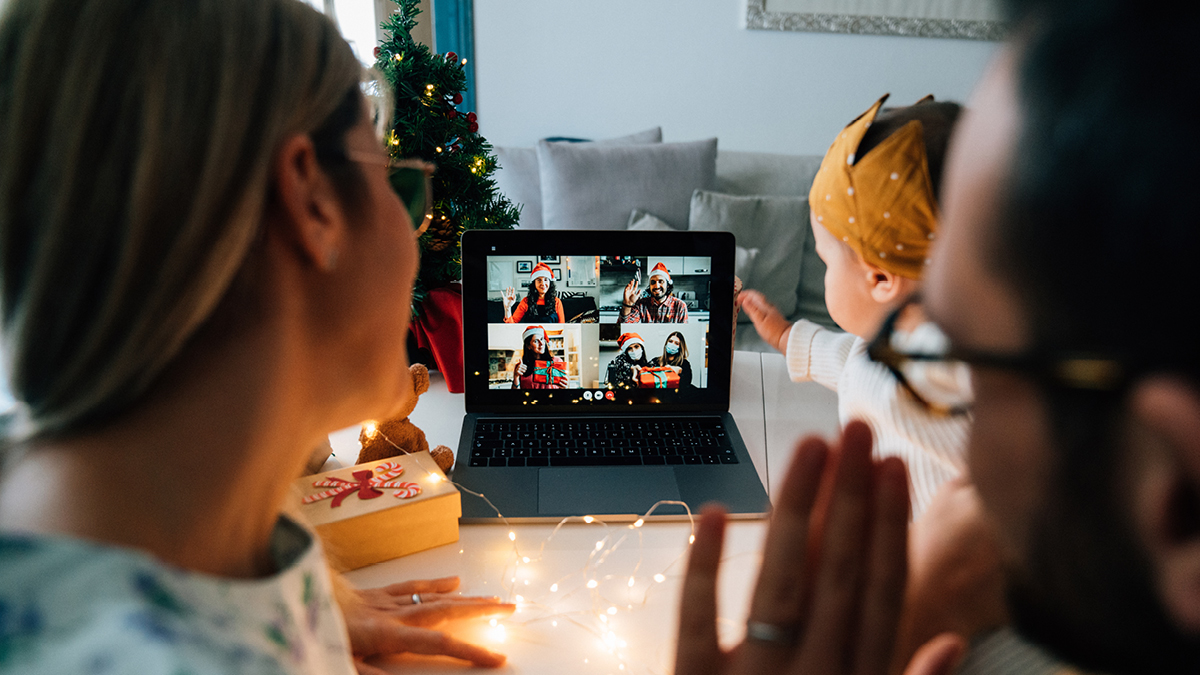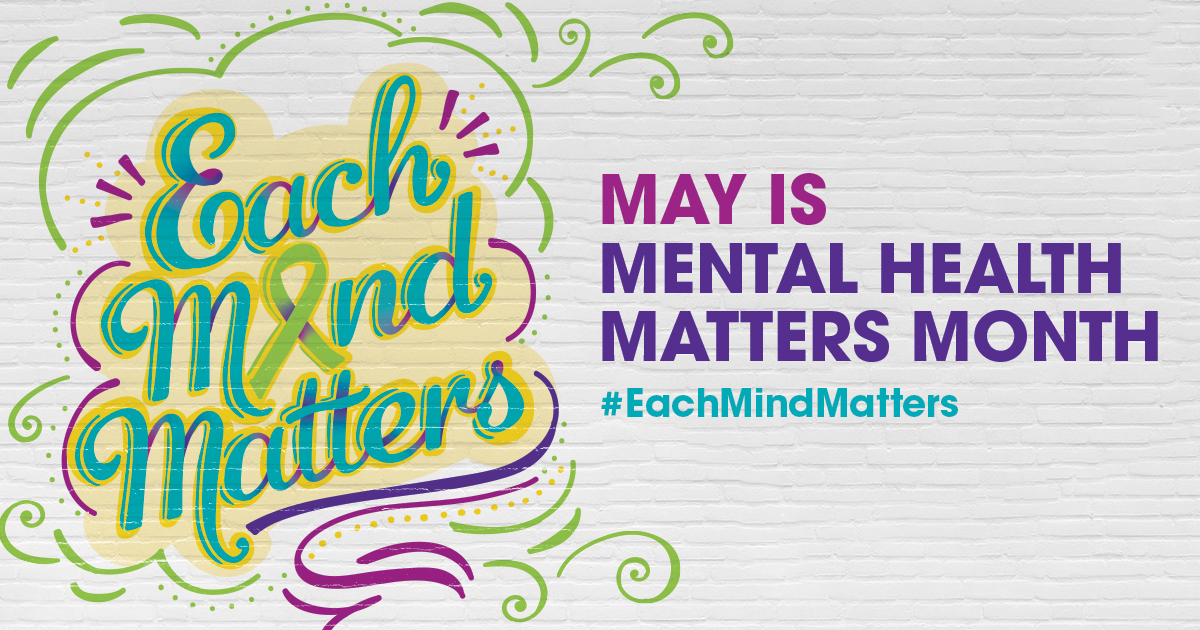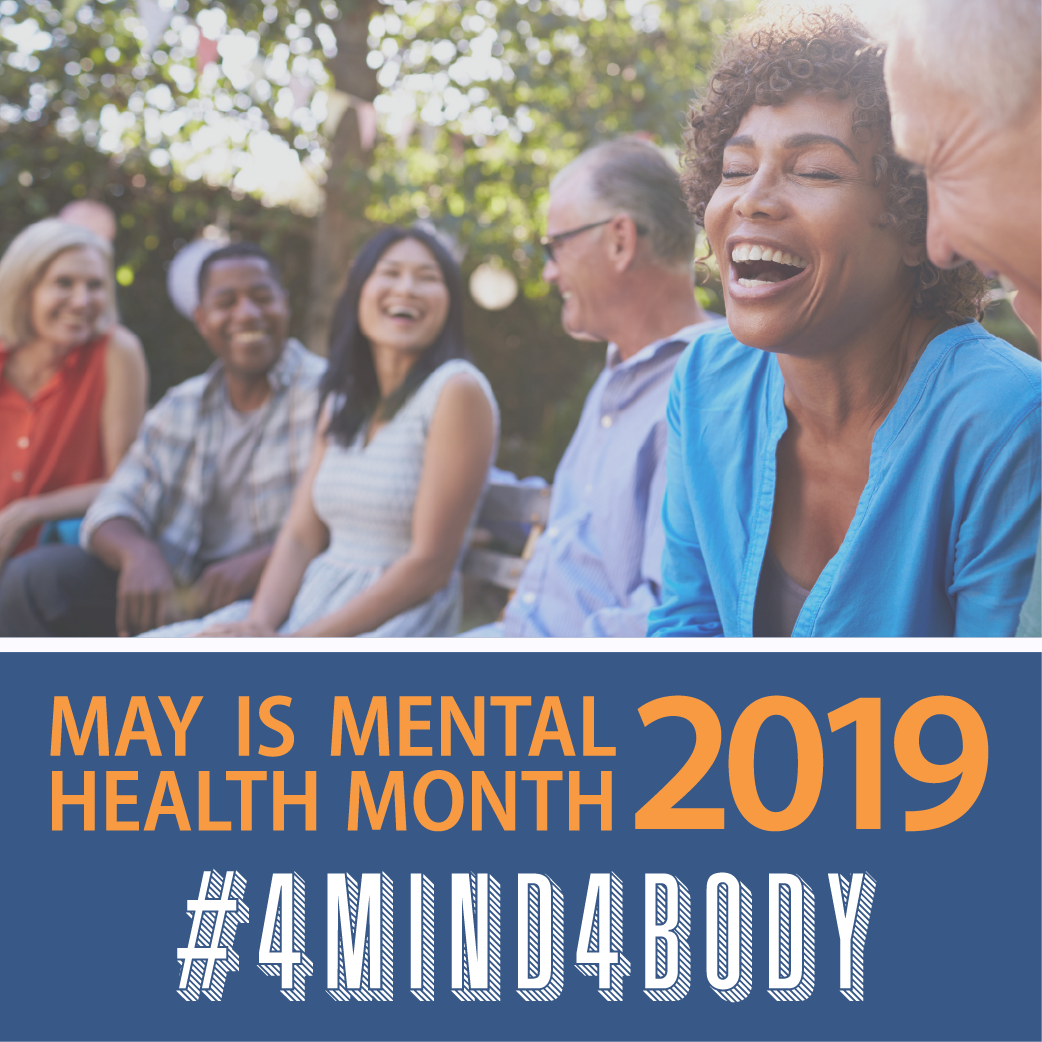Source: Yale News, June 15, 2020
By Brita Belli

Many parents are now feeling a sense of urgency to discuss race and racism with their children. It helps to give parents the tools they need to have difficult conversations with their children, especially around issues of race and health equity. Weaving these into daily discussions is an essential step in creating a more equitable and just future for all children.
Research shows that what children learn, hear, and witness from family members, friends, and others in their communities about race plays a major role in how they view people who are different from them. Children “identify all kinds of differences quite readily,” said Yarrow Dunham, assistant professor of psychology at Yale and director of the Social Cognitive Development Lab. “The critical question is: Which of those differences do they come to think of as important determinants of social identity and social outcomes? They make those decisions by observing the world around them. And here — unfortunately — the world presents them with abundant evidence that race matters.” As a result, it’s imperative that parents recognize and talk about racial differences with kids from an early age to prevent racism from taking root, said Yale experts. “It’s important that we tell children about their environment and what’s going on in the world,” said Dr. Wanjiku Njoroge, a board-certified child psychiatrist and adjunct professor of psychiatry at Yale, whose research focuses on the impact of culture on early infant and childhood development.
Recommended Resources for Talking with Kids
See the many resources that can help parents educate themselves about race and racism, including books for youth of all ages, resources for adults, and tips on how to talk to children. They include:
- How to talk to kids about racism, protests & injustice: article and video with journalist Sheinelle Jones from the “Today” show.
- Racism and violence: how to help kids handle the news: A guide on supporting your kids during scary times from the Child Mind Institute, a nonprofit focused on children’s mental health.
- Where to find diverse children’s books: a guide to blogs and sites where parents can find books featuring diverse characters and highlighting social justice from EmbraceRace, a parent-founded organization to fight systemic racism.
- Anti-racism books for kids: books for kids of different ages that celebrate racial diversity and explain how diversity makes us stronger from Books for Littles, an organization that uses picture books to help parents have important conversations about social issues.
---
Learn More:






